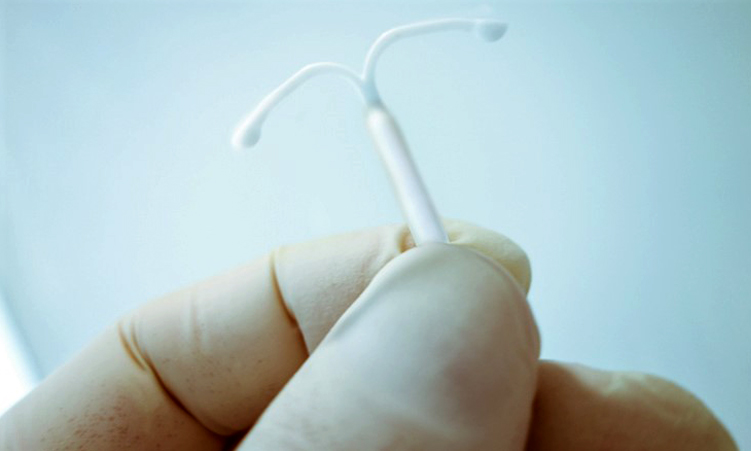JOHANNESBURG – Africa’s biggest supermarket group, Shoprite Holdings Ltd, reported a 27 per cent increase in first-half turnover yesterday, defying a consumer downturn in South Africa and boosting its shares.
It said sales in the six months to end December totaled R29,6 billion a rise of 22 per cent on a like-for-like basis.
Revenues from Shoprite’s core South African supermarket unit rose 24,5 per cent, or 20 per cent on a like-for-like basis, while the group’s furniture division rose 13,3 per cent, with growth crimped as relatively high interest rates curb spending.
Shoprite’s shares gained 0,14 per cent to R55,30 by 1138 GMT, outperforming the Johannesburg Top-40 blue-chip index, which fell about 4 per cent.
‘Astonishingly good,’ said Nedcor’s retail analyst Syd Vianello when asked about the figures. ‘They put Pick ‘n Pay to shame. This is much better than the market was expecting and shows they have gained market share.’
South African retailers have been struggling as consumers rein in spending to cope with relatively high interest rates.
But supermarkets such as Shoprite and rival Pick ‘n Pay have fared better than higher-end rivals such as Woolworths, as customers opt for cheaper products and eat at home rather than in restaurants.
Higher food prices, which supermarkets have passed on to customers, have also inflated sales.
Pick ‘n Pay told Reuters last week Christmas sales had exceeded expectations with sales growth during December in the ‘mid teens’ but did not provide exact figures. It said 15 per cent core earnings growth in the second half was possible.
Shoprite shares, which have sharply outperformed local blue-chips to gain 40 per cent in the last 12 months, are valued at 14,9 times this year’s earnings, while Pick ‘n Pay trades at 16,8 times for the year to end February, Reuters data shows.
Shoprite said it was helped by a 54 per cent increase in turnover at its non-South African units, as the rand weakened against most other currencies. Shoprite runs supermarkets and groceries in South Africa and 11 other African countries.
In South Africa, Shoprite may have benefited more from food inflation than Pick ‘n Pay because it focuses especially on the lower end of the market, where staples such as rice and corn were severely affected by rising prices.
Vianello said Shoprite had probably also managed to lure customers away from cash-and-carry style discount stores by opening supermarkets and groceries in lower-income areas.
And he said a marketing drive at Shoprite’s more upmarket Checkers chain had likely helped sales there, as had a trend for hard-pressed middle class South Africans to stay at home over Christmas, instead of taking long summer holidays.
– Nampa-Reuters
Stay informed with The Namibian – your source for credible journalism. Get in-depth reporting and opinions for
only N$85 a month. Invest in journalism, invest in democracy –
Subscribe Now!










